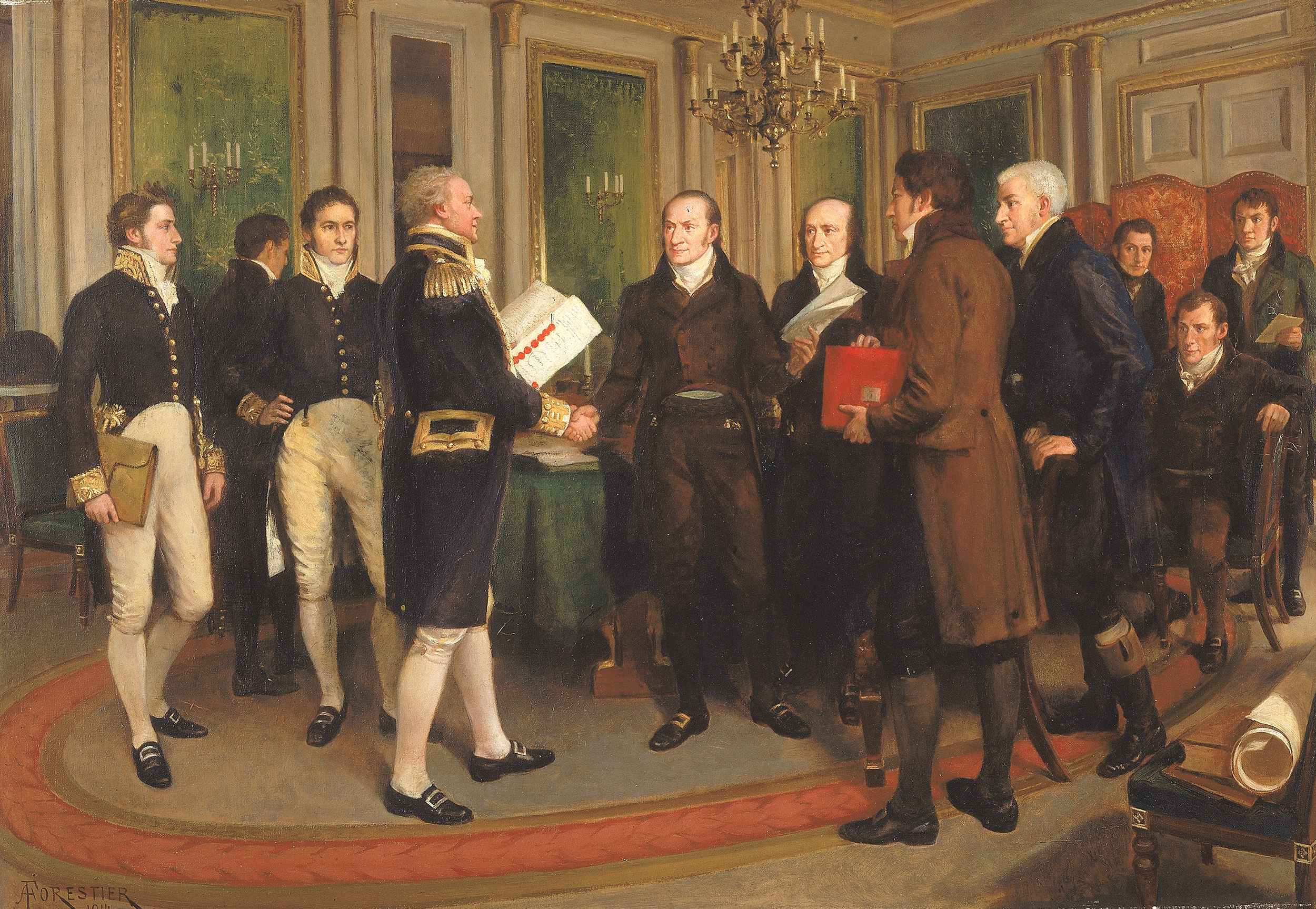The Latin word nostrum has deep roots stretching from the Roman Empire to modern-day usage. While it may seem like a relic of a dead language, nostrum continues to carry surprising relevance in medicine, politics, and cultural discussions today. But what does it actually mean—and why does it matter?
The Meaning and Origins of Nostrum
In Latin, nostrum is the neuter singular form (used in the nominative or accusative case, depending on syntax) of the possessive pronoun noster, nostra, nostrum, which simply translates to “our” or “ours.”
It appeared frequently in Roman expressions like:
Mare nostrum – “our sea,” a Roman term of pride for the Mediterranean
Corpus nostrum – “our body”
These expressions reflected ownership, identification, or collective control—highlighting the Roman view of dominion, unity, and shared identity.
From Grammar to Medicine: Nostrum as a “Cure-All”
Over the centuries, nostrum evolved beyond its literal meaning. In the world of medicine, particularly in English, nostrum came to refer to a questionable remedy—a drug or treatment with unverified effectiveness, typically promoted by someone without medical credentials.
In other words, a nostrum in this context is what we might call a “folk remedy,” “miracle cure,” or “snake oil.” In Greek, you might hear it called a μπολί, ματζούνι, or even a πατέντα—something unproven, but often marketed with bold claims.
Political and Cultural Shades of Meaning
The story doesn’t end in the apothecary. Today, nostrum is also used in political and ideological discourse, often with a sarcastic or critical edge. It describes ideas or proposals that are presented as all-encompassing solutions but lack depth, evidence, or practicality.
For instance:
“The free market isn’t some nostrum that solves every issue.”
“Nostalgia isn’t a nostrum for modern-day crises.”
In this way, the word has taken on the flavor of wishful thinking dressed up as policy—a catch-all promise that fails to deliver real results.
So, What Is a Nostrum?
At its core, it means “ours” in Latin.
The Romans used it to express territorial or collective identity.
In medicine, it refers to an unproven or dubious treatment.
In modern usage, it often points to oversimplified or hollow solutions, especially in politics or public discourse.
The word nostrum has traveled through time—adapting, shifting, and expanding in meaning. It reminds us that language is never static; it’s a living, evolving symbol of history, ideas, and human experience. What began as a simple possessive pronoun has become a potent shorthand for everything from empire to empty promises—proving that some words carry far more than just their dictionary definitions.







